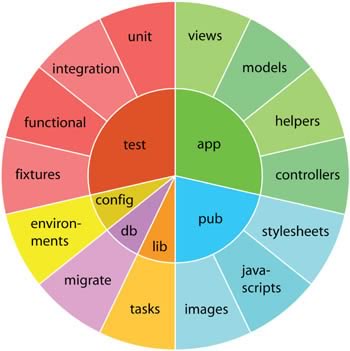
For the second time in a week, a group of Canadian Facebook users may have broken the law by publishing the names of youths charged under Canada’s Youth Criminal Justice Act. This law puts limitations on the publication of the identity of people charged under it; the basis for this is that revealing their names would be detrimental to rehabilitation and to public safety. The publication ban also applies to the identities of victims and witnesses in cases where people are charged under the act. There are exceptions to this gag order, such as in cases where the crime is transferred to adult court or if the youth court has found the accused guilty and imposed an adult sentence.
It happened with the first homicide of the year here in Toronto, in the case of a 14-year-old girl who was murdered on New Year’s Day. While newspapers, TV and radio stations and their associated websites complied with a 24-hour ban forbidding the publication of the victim’s name, some Toronto Facebook users created a memorial group in which both the victim and her two accused killers — a 17-year-old boy and 15-year-old — were named. The group was created by a 16-year-old who said “felt entitled to ‘pay attention’ to someone who was special to him and who had no idea he might have been violating the Youth Criminal Justice Act.
It happened again, this time in Alberta, where the names of four teenage boys accused of microwaving a cat to death were published in a Facebook group. Reactions were (understandably) harsh, with posted comments like “I think people like that should be shot”, “They will all get their faces smashed in by January 6th” and ” would say these monsters should be tortured, let society at them”.
These appear to be cases where technology has entered a grey area with the law. Referring to the case of the 14-year-old murdered in Toronto, a Toronto area constable said that “It’s a very good question if the people who post things on Facebook are actually breaking the YCJA. I guess it all boils down to whether Facebook is eventually determined by somebody that it is a publication.” In the story on the Alberta boys who accused of killing the cat, a British Columbia lawyer is of the opinion that the YCJA was broken and — as even someone at their first day of law school will tell you — ignorance of the law is no excuse.
My own opinion is that posting things online, whether in a blog, social network site, wiki or any other public online forum, is publication, even if you’re not doing it professionally. If online publishing gives you at least the same potential audience and reach as a city newspaper, then as an online publisher, you also have the same legal and ethical responsibilities that a city newspaper has.
Luckily for me, I worked at Crazy Go Nuts University’s main student newspaper, where we got brief on Canadian law and journalism and benefited from having one of the Globe and Mail’s lawyers do a regular Q&A session with us. I may not be able to quote chapter and verse of Canadian journo law, but I think I’ve can do a decent job at “sniff testing” to see if a posting will get me in legal hot water. I think that a number of bloggers — people who post articles on a regular basis — have made themselves familiar with the legal aspects of blogging, although I’m sure a number haven’t. Things can get hairy on online forums like Facebook, which is made for people who don’t publish regularly but do want some kind of online presence. On these places, users probably don’t think of themselves as publishers and might be unaware that they’re opening themselves up to charges of libel, defamation or violating the YCJA.
Paging Canadian lawyers who specialize in the internet — fellow neighbourhoodie Rob Hyndman, and friend-by-correspondence Michael Geist, I’m lookin’ at you! Do you know of any places where a Canadian blogger or Facebook user can find out more about the law and online publsihing?




